Description
What’s unique about collagen
Collagen is the most abundant protein in our bodies and can found in the muscles, bones, skin, blood vessels, digestive system and tendons.
Scientific facts about collagen
There are around 28-29 recognized types of collagen (depending on classification). Each type has a specific structure and function within the body.
Types I, II, and III
Types I, II, and III collagen are the most abundant, accounting for approximately 80-90% of the collagen in the body.
Type I collagen is the most abundant collagen in the human body. It primarily supports: • Hair, skin, and nails (providing elasticity and strength to the skin) • Bones (as it is the main organic component) • Tendons and ligaments (providing strength).
Type II collagen is a major component of cartilage and is essential for joint health.
Type III collagen is found in structures with elastic properties, such as arteries and intestines, as well as in skin and other tissues.
Our collagen is Type I, II and III
It is what helps give our skin strength, elasticity, and replaces dead skin cells. For the joints and tendons, collagen can be described as the “glue” that helps hold the body together.
As we age; our body’s collagen production naturally begins to slow down and so we start having wrinkles, sagging skin and joint pains due to weaker or decreased cartilage.
For the skin, ingesting collagen makes your skin cells keep renewing and repairing themselves normally.
Arthritis and Joint Pain
Another advantage of collagen is in how valuable it has been in treating osteoarthritis and other joint pain disorders.
Osteoporosis
Collagen is a key protein in the body and plays a vital role in bone health, making it an important factor in the prevention and management of osteoporosis. Here’s how collagen impacts osteoporosis:
Foundation of Bone Structure:
Collagen makes up about 90% of the organic matrix of bones, providing a framework for mineralization with calcium and phosphate. This framework gives bones their strength and flexibility, reducing the risk of fractures.
Improved Bone Density:
Studies suggest that collagen supplementation can support increased bone mineral density (BMD), particularly in postmenopausal women, a group at high risk for osteoporosis.
Support for Osteoblast Activity:
Collagen peptides stimulate the activity of osteoblasts, the cells responsible for forming new bone tissue, which is critical in maintaining bone health and repairing bone damage.
Reduction of Bone Loss: Collagen may help slow down the rate of bone resorption (breakdown of bone tissue) by promoting a healthy balance between bone resorption and formation. Anti-inflammatory Effects: Collagen supplementation may reduce inflammation in the joints and bones, which is beneficial for people with osteoporosis and related conditions.
Lumbar Spondylitis with Sciatica
Benefits of Collagen for Lumbar Spondylitis with Sciatica:
Supports Joint and Cartilage Health:
• Lumbar spondylitis can lead to the degeneration of the joints and cartilage in the spine. Collagen is a key component of cartilage, and supplementing with collagen may help repair and maintain the cartilage, reducing the rate of degeneration and supporting overall joint health.
Reduces Joint Pain: • Collagen supplementation may help reduce pain in the joints by improving the integrity of the cartilage. This is particularly beneficial for lumbar spondylitis, where worn-out cartilage can lead to pain and stiffness in the lower back, potentially aggravating sciatica symptoms.
Improves Spine Flexibility and Mobility: • By supporting the health of the intervertebral discs (which are partially made of collagen) and the surrounding connective tissue, collagen may help improve the flexibility and range of motion in the lumbar spine. This can reduce stiffness and discomfort, making it easier to perform daily activities.
Promotes Tissue Repair: • Collagen is essential for the repair and regeneration of connective tissues, including tendons and ligaments. For people with lumbar spondylitis and sciatica, collagen may assist in the repair of damaged tissues, contributing to better spinal support and reducing stress on the sciatic nerve.
Prevents Further Degeneration: • Regular collagen supplementation may help slow the degenerative process associated with lumbar spondylitis by supporting the strength and integrity of the spinal joints and discs. This can be especially important in preventing the condition from worsening over time.
Peeling, Brittle Nails
If you have peeling and splitting nails, collagen can also help to strengthening nails, even hair and teeth because Collagen protein is the building block of your fingernails, hair and teeth.
Wound Healing
Collagen, a key component of the extracellular matrix, plays critical roles in the regulation of the phases of wound healing. Since collagen peptide stimulates fibroblast growth in skin, it accelerates the healing of ulcers.
While many creams and powders claim to revitalize skin by adding collagen, the TRUTH is the molecules in topical collagen-infused products are usually too large to be absorbed into your skin.
Our collagen is Hydrolyzed, this technology makes collagen tiny enough (avg. 5000 daltons) to be absorbed into the bloodstream by a process called hydrolysis. This is the best way to use collagen- it will improve your body from the inside out.
We have been on the hunt over the years and have tried a lot of collagen liquids and supplements in the last few years and the best selling ones we have tested smells and tastes horrible 🤢. We are glad to have finally found Collagen powder that is not only odorless but, it’s also tasteless and does what it’s meant to do.
It is Safe for everyone
Every body can take collagen; It is 100% soluble in water or any liquids.
Specification
Our collagen is Bovine made from organic grass fed full range cows. Our collagen is Type I,II and III which is the major component in skin, hair, nails, muscles, tendons, ligaments, bones, gums, teeth, eyes and blood.
Our collagen is Halal and Kosher approved meaning it’s NOT made from PIGS and of
PREMIUM QUALITY
Statements regarding dietary supplements have not been evaluated by the FDA and are not intended to diagnose, treat, cure, or prevent any disease or health condition.
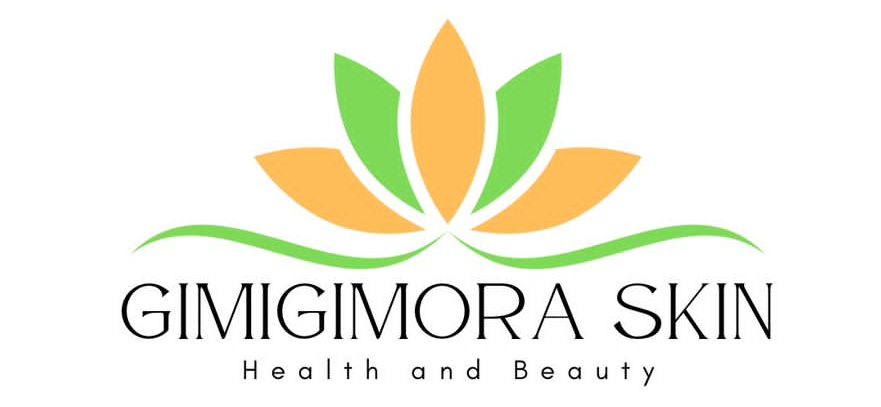
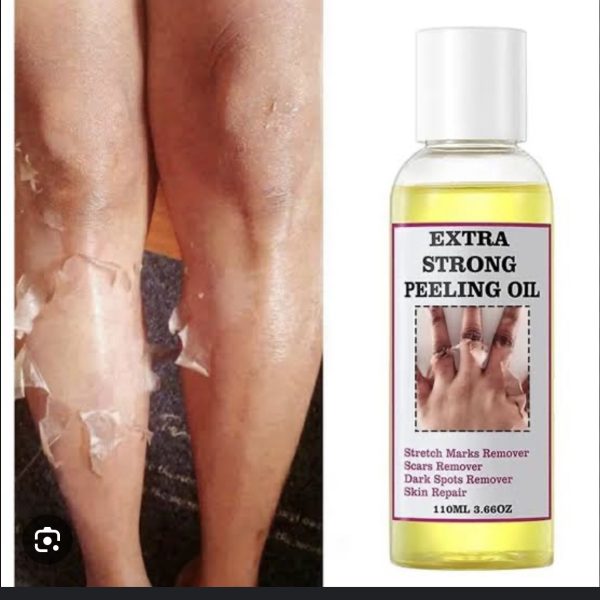
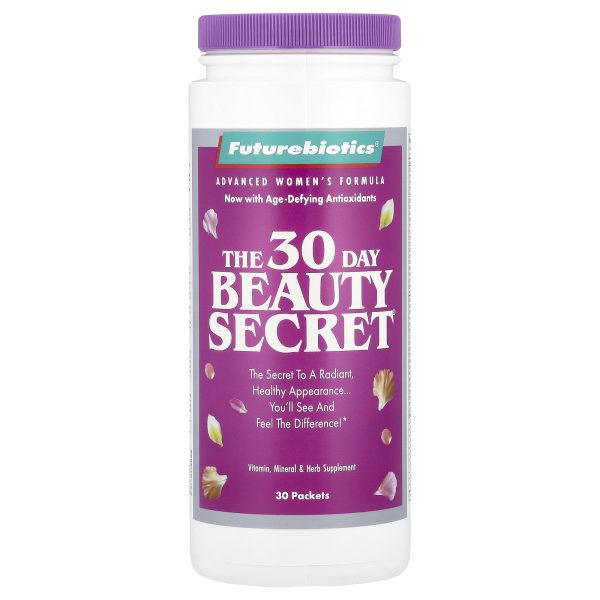

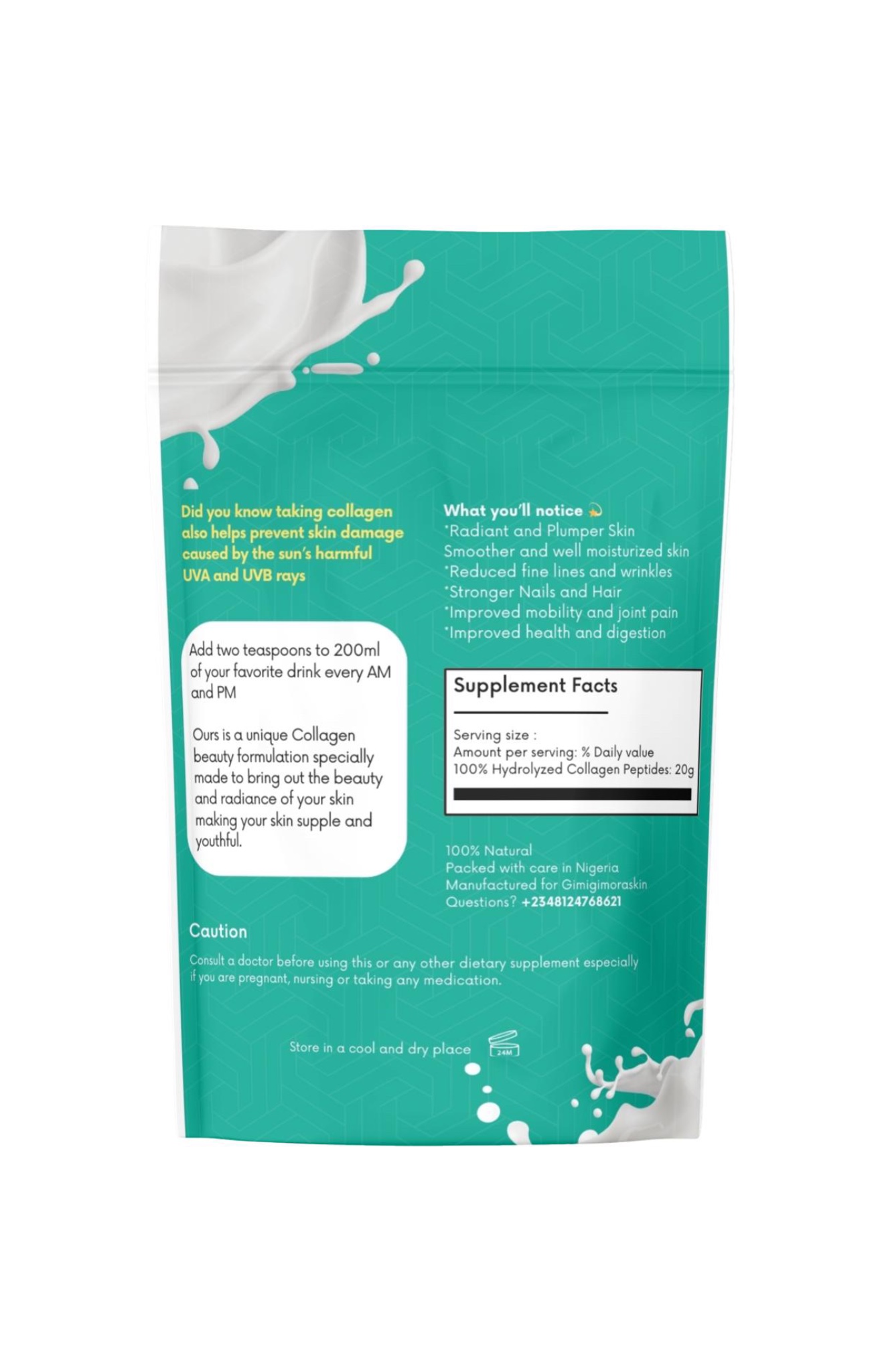
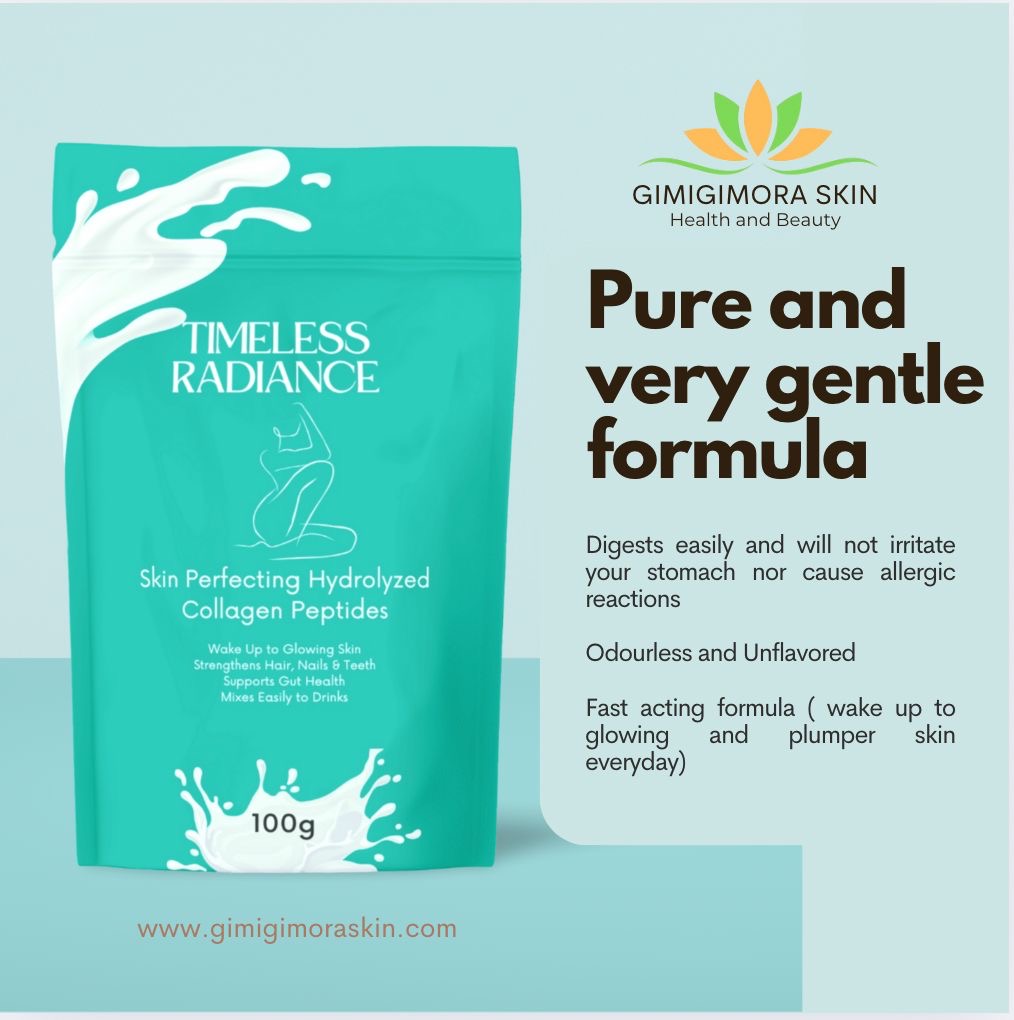
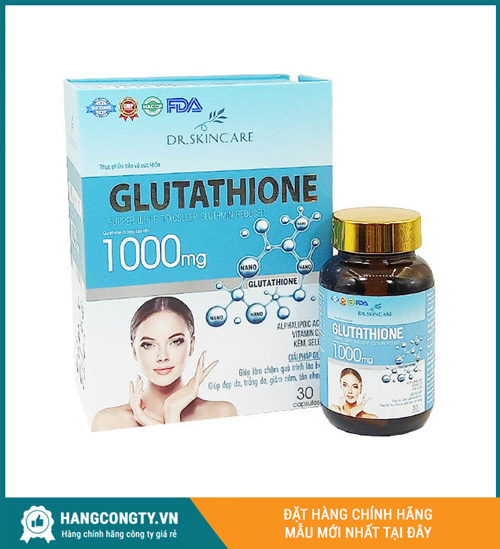


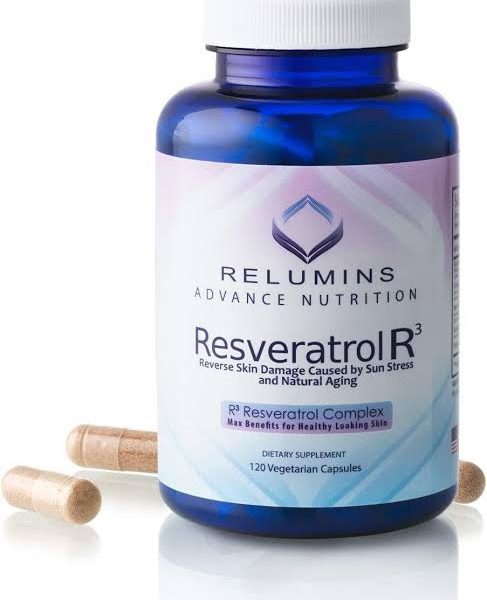
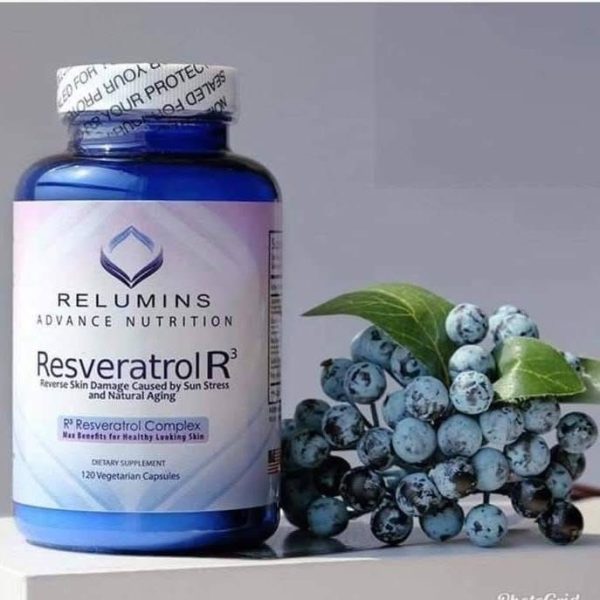
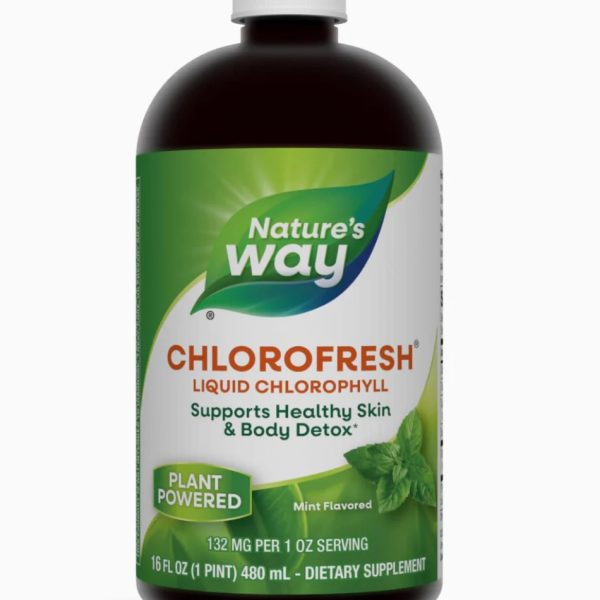
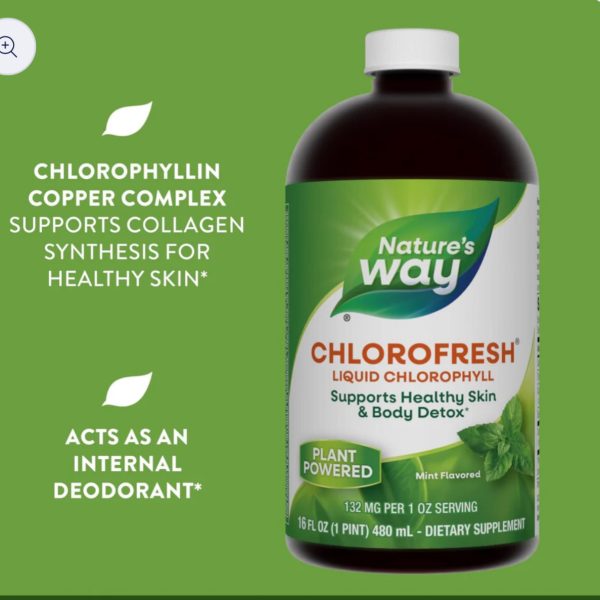
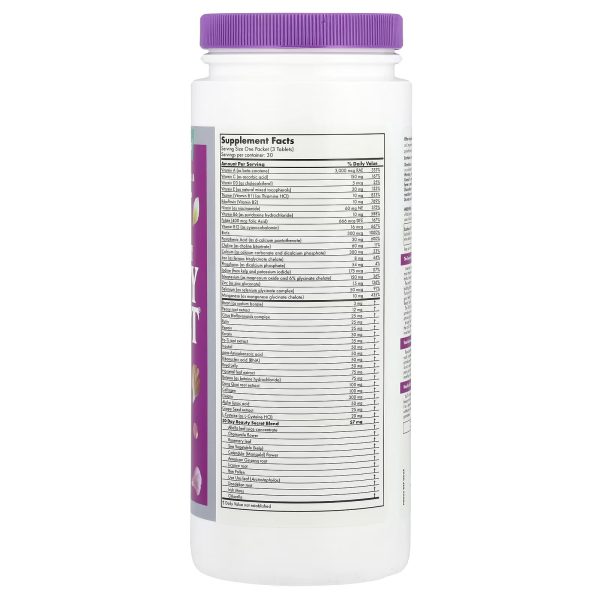
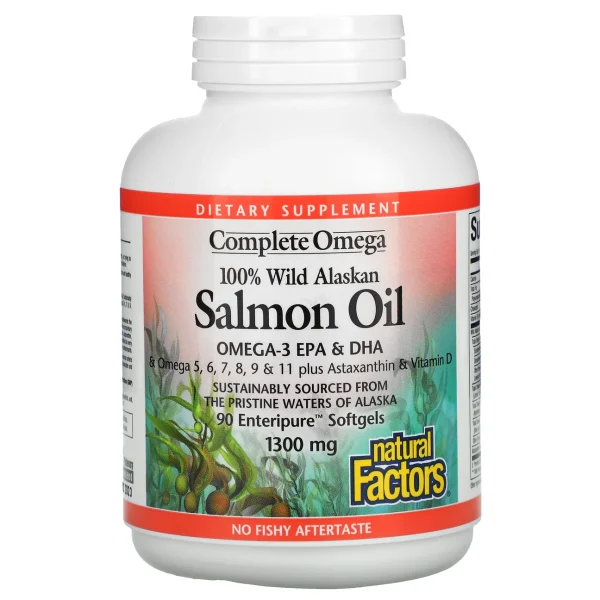

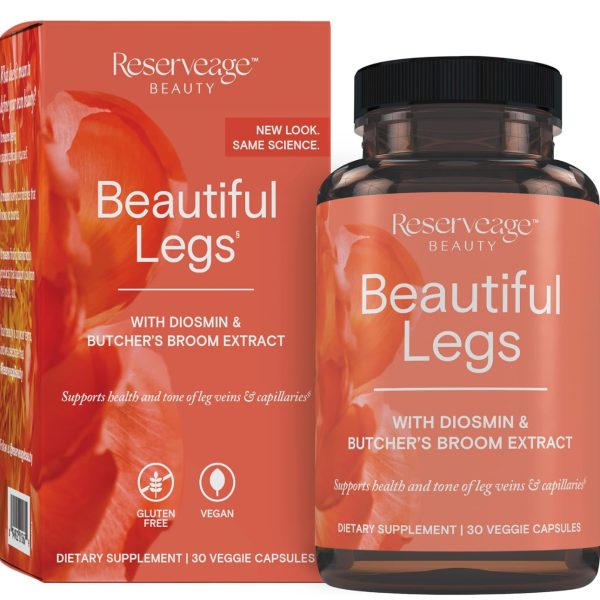
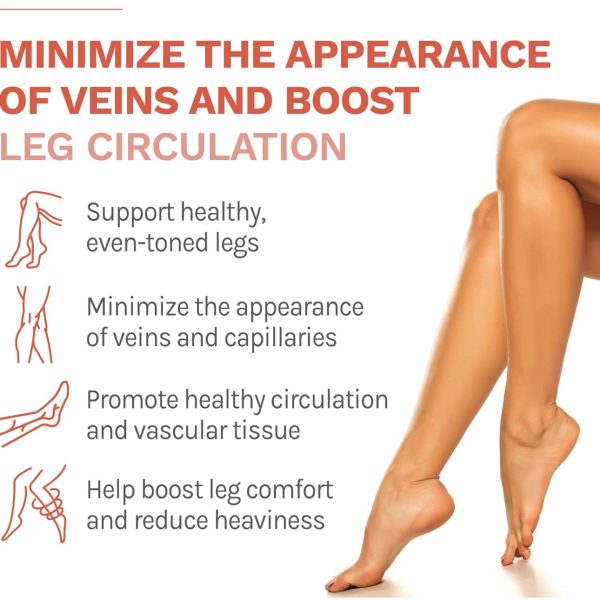
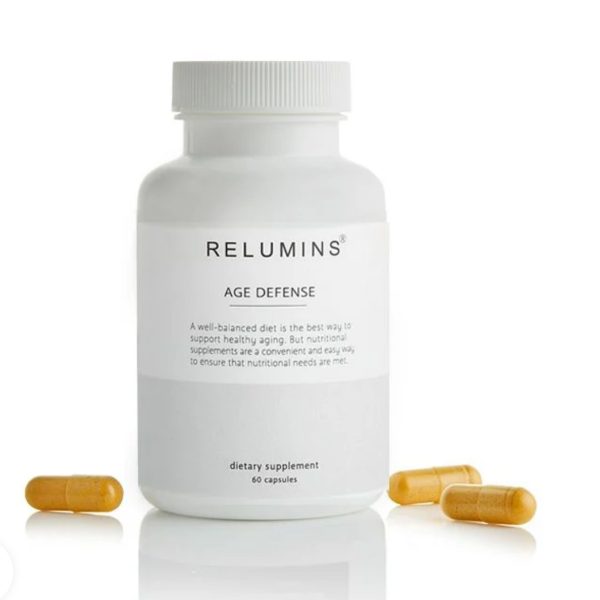
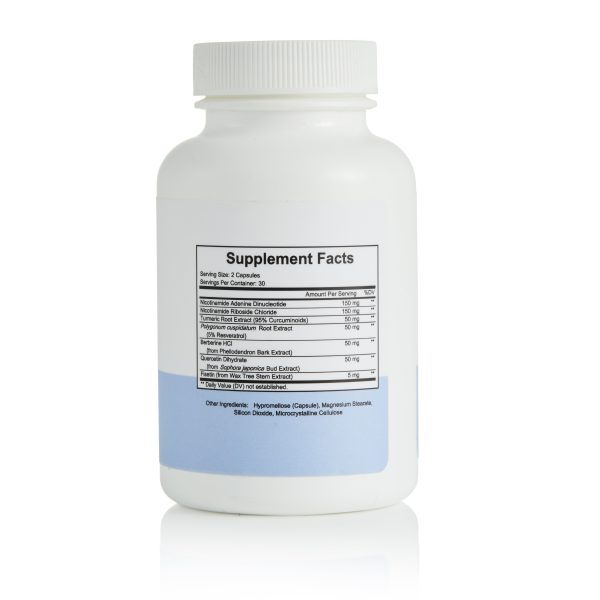
Reviews
There are no reviews yet.